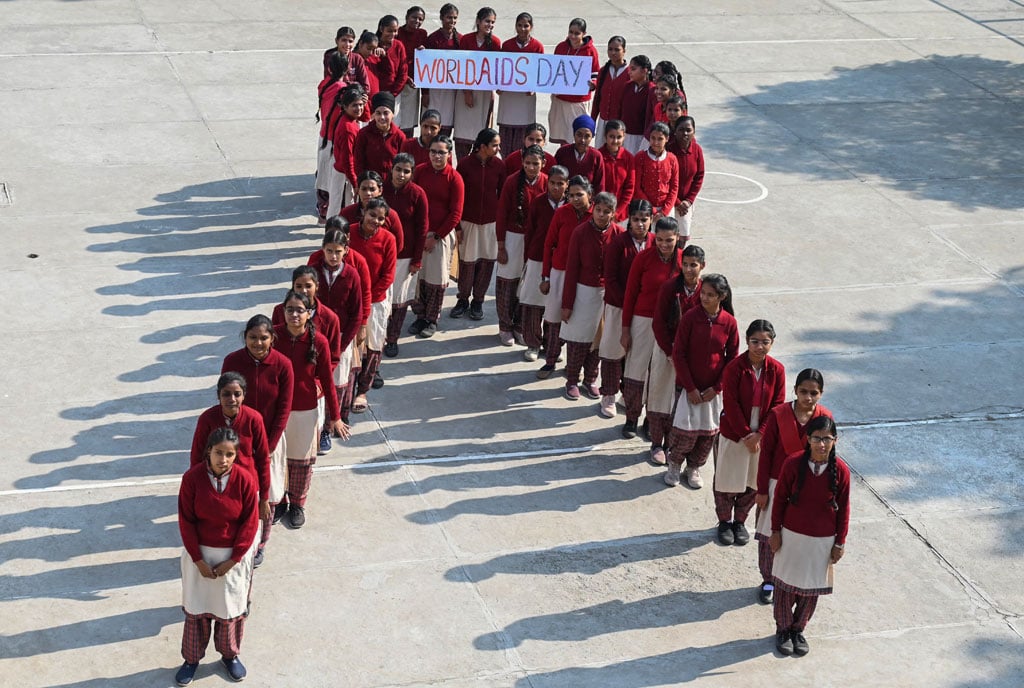Prime
Equitable access to HIV care services is key

Author: Ms Caroline Eonya Atim. PHOTO/COURTESY
What you need to know:
- But what can be done to end the inequalities that continue to expose adolescents?
World Aids Day is here and it is yet another opportunity to assess Uganda’s performance with regard to achieving zero new HIV infections, zero discrimination, zero Aids-related deaths as set by UNAIDS.
In December 2020, UNAIDS released a new set of ambitious targets that by 2030, 95 percent of people living with HIV know their HIV status, 95 per cent of people who know their status are receiving treatment and 95 percent of people on HIV treatment have a suppressed viral load.
Despite concerted efforts to achieve these targets, inequalities continue to bar equitable access to HIV prevention, care and treatment services, with adolescent girls, young women and boys among some of the most affected sub categories.
A joint review report released by the Uganda Aids Commission in 2020 showed an increment in new infections standing at 38,000, with 73 percent of these from adolescent girls and young women.
The report pointed to the different factors that expose girls and young women, with sexual and gender-based violence being singled out as a key driver of HIV infections. But what can be done to end the inequalities that continue to expose adolescents?
Makerere University Walter Reed Project has been working in the four districts of Kayunga, Mukono, Buvuma and Buikwe to support provision of HIV prevention, care and treatment services to young people since 2005 and explored best practices that have seen a reduction in exposure; ensured more young people are under care and better treatment outcomes for those on treatment.
Through the Determined, Resilient, Empowered, Aids-free, Mentored and Safe (DREAMS) programme in Mukono District, girls have been empowered and supported to reduce these inequalities through the delivery of age appropriate evidence-based HIV and violence prevention curriculum packages, life skills and economic hands-on skills to build better social assets and achieve an empowered self-sustaining girl to tackle all community shocks to HIV exposure including gender-based violence.
Working with the local government authorities and community structures, the programme has continued to identify and enrol adolescent girls and young women vulnerable and at risk to HIV infection, including those involved in sex work to the DREAMS programme; and supported them with HIV prevention knowledge and skills that facilitate risk reduction for HIV infection.
Through peer support groups like the Young People and Adolescent Peer Supporters (YAPS) model, young people living with HIV/Aids, who are virally suppressed, offer peer support to young people under care and continue to follow up the adolescents in case of missed appointments and conduct health education sessions. These do not stop at that; but are also empowered with economic and saving skills to enable them live a meaningful life. This has created unity among young people offering an opportunity for experience sharing and more commitment to achieve viral load suppression.
Children have also been supported through education at primary, secondary, tertiary and vocational education. The children are identified through assessment at household level using the Ministry of Gender and Labour tools (household vulnerability assessment tool/adolescent vulnerability assessment tool).
All this is done alongside consent and support from parents who are also active participants and are also engaged through the parenting curriculum, providing relevant messages to support them raise and support their children through the journey of growth and development.
Survival skills, start-up kits for those who have undergone vocational and apprenticeship trainings have been provided to the OVC beneficiaries.
We don’t only focus on girls and young women but boys and young men. Currently, we are implementing an HIV-sexual violence prevention curriculum dubbed no means no and 2,250 young boys and men have been reached.
Young boys have been empowered with skills and technics on how to prevent HIV and sexual violence in the community.
Caroline Eonya Atim is the technical advisor, Gender and Youth Programming, Makerere University Walter Reed Project.




